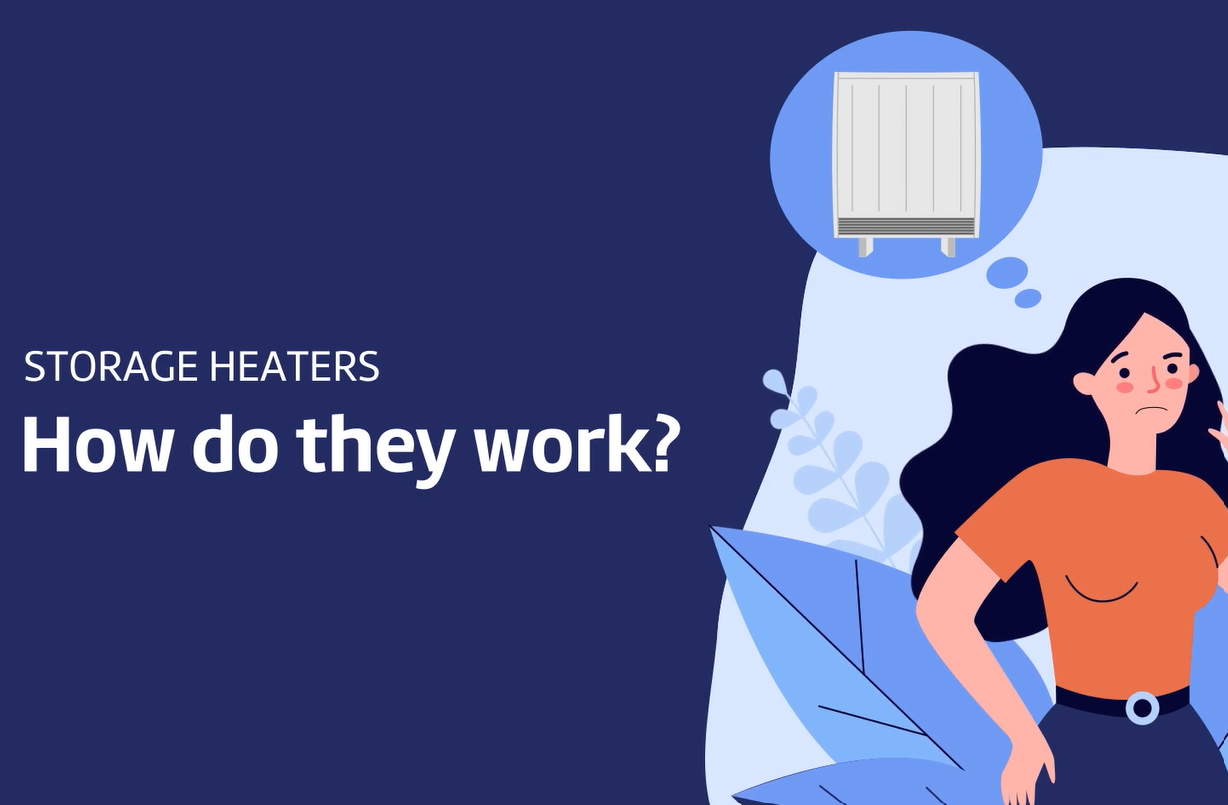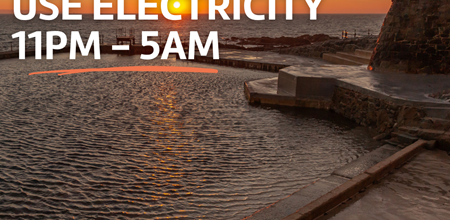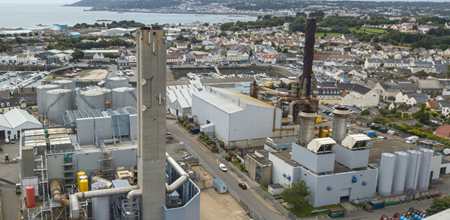Have you ever been made to feel bad about air travel in conversations around climate change? You’re not alone. Cutting flights is a major step for lowering emissions, but what if there were a largely untapped, powerful lever inside your own home that, for some, could be just as effective?
Societies and policymakers often chase the most visible carbon cuts – the “heroic sacrifices” like reducing travel. But what if a simpler, less painful option could be easily expanded to reach more people and help achieve effective health and environmental goals by focusing on the seemingly mundane?

Your wanderlust shouldn’t need to be suppressed. If similar thoughts and pressure were put into tackling domestic energy waste, could we still see positive outcomes? Certainly, from a local horizon, the spreadsheets at Guernsey Electricity say we could.
Name one thing I can do that would make a big difference?
You’ve heard it all before: switch lights off, unplug devices, turn down the thermostat. These small, boring steps feel insignificant and lack that tangible sacrifice we associate with big change.
But while days get shorter and the air starts to bite, it’s time to top-up our electricity by burning through several thousand tonnes of fossil fuels, right here in Guernsey.
Use cleaner, cheaper electricity between 11pm and 5am.
Set the timers on your electricals to:
- Heat your water
- Wash and dry your clothes
- Clean the dishes
- Charge your electric vehicle
As an individual, we feel powerless to clean our air and cut infrastructure costs. But when thousands of us make small, consistent changes, that’s where we hold the power to flip the switch on the current narrative.
What about my heating?
Stop heat from escaping and you’ll cut both energy bills and local greenhouse gas emissions.
Cleaner air
Better bank balance
But, some electric heating relies on fossil fuels.
If you use an electric boiler, you may switch on for a few hours from around 5pm – just like everybody else. Alongside cooking, watching TV, washing and other to-do list items, ‘peak time’ electric heating means electricity demand tips over the 60 Megawatts (MW) that can be imported through the subsea cable from the European grid. Our engineers then need to fire up another 12MW fossil fuel engine at the power station so everyone gets on-demand electricity.
In 2024, we used 5900 tonnes of fossil-fuels to generate the island’s electricity. Guernsey may be small, but that’s 25 road trips around the globe.
How about Off-Peak electric heating?
If electric heating is on the cards, an off-peak option could be perfect for you. Off-peak storage heaters, for example, bank cheap, clean electricity overnight – which also happens to be when we’re importing 100% low-carbon hydro, wind and solar power from Europe.
Off-peak heating is also the most likely option to get accepted onto the network – and an electric boiler, the least likely.
Watch our video on how Off-Peak storage heaters work here.
Picture what’s going on
Electricity and water may hate each other, but they’re both very similar.
Much like the reservoir, there’s only a certain amount of power available in the network at any given time. And just like water, when everyone demands it all at once, there’s less to go around. Overnight, less people demand resources, so there’s more available for you to use.
Just like a new power shower, a new electric heating system will also need enough “flow” of electricity. The underground cables – your electrical “pipes” – must be big enough to handle the huge amount of extra electricity needed. If they’re not, a heating system simply won’t work.
That’s why your installer needs to check your property’s electricity supply using an ‘additional load’ application
Save money and carbon
The Three Key Power Plays
-
Use, run or charge electricals between 11pm and 5am
-
Find your cheap times on the back of your electricity bill and use electricals then if you need them earlier in the day
-
Insulate your property and plug the small gaps to keep draughts and cold weather from thieving your hard-earned heat
Did you know?
Speaking of water, rain actually affects how much electricity people use. Even during a short burst, electricity use will spike.
Winter is the busy season for electricity. Want to learn more about energy here in Guernsey?
Subscribe to our e-newsletter or follow us on social media.











